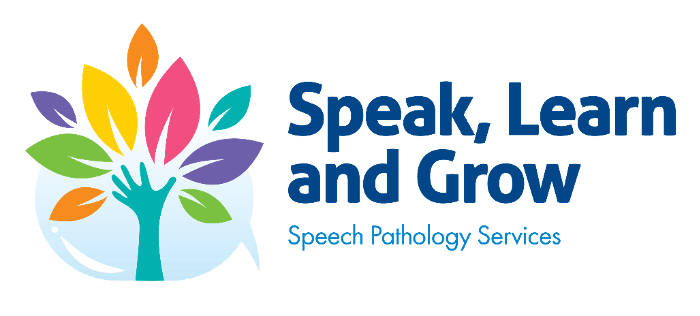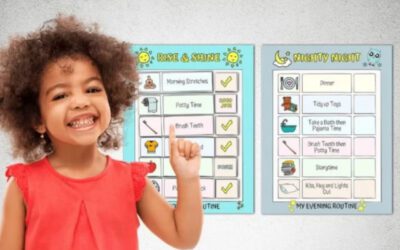Building Confidence with Classroom Routines at Home
Transitions are a big part of growing up. Whether your child is starting preschool, moving up a grade, or adjusting to a new learning environment, change can bring a mix of excitement and uncertainty. One of the best ways to help children feel more confident and...
Does My Child Have a Lisp? When to See a Speech Pathologist
As a parent, it’s completely natural to wonder if your child’s speech is developing as it should. One common concern parents raise is: “I think my child has a lisp – should I be worried?” Let’s take a closer look at what a lisp is, why it might be happening, and when it’s time to consider speech therapy.
What a Speech Pathologist Can Help With!
Speech pathologists also known as speech therapists (SLPs) are trained professionals who diagnose, treat, and help prevent a wide range of communication and swallowing disorders. These professionals work with individuals of all ages, from infants to older adults. While many associate them with helping people speak more clearly, their work extends far beyond speech, addressing various aspects of communication and swallowing.
Model, Don’t Test: Expanding Language at Home
Looking for simple, effective ways to support your child’s language development at home? Discover how modelling techniques like recasting and expanding can boost your child’s communication skills—without turning everyday moments into tests. Learn why these natural strategies work and how to use them in daily interactions.
Nurturing Your Child’s Voice: Supporting Healthy Vocal Growth
As a parent, your child’s voice is one of the most precious sounds in your world. It’s how they express their thoughts, emotions, and unique personality. However, just like any other part of their body, a child’s voice can experience challenges or develop issues that may need attention. Understanding how to recognise potential voice problems and knowing what steps to take can make a big difference in ensuring your child’s vocal health.
The Role of Play in Developing Speech and Language Skills
Play has been called “the work of children” because it is through play that children learn how to interact in their environment, discover their interests, and acquire cognitive, motor, speech, language, and social-emotional skills. As parents and educators, understanding the critical role that play has in developing speech and language skills can help us provide the right opportunities for our children to thrive.
Transitioning to School with AAC
Starting school is a significant milestone in any child’s life. For children using Augmentative and Alternative Communication (AAC), this transition can come with unique challenges and opportunities. As a parent, preparing for this transition is crucial to ensure your child feels confident and supported. Here are some strategies to help make the process smoother and more successful.
How to Address Articulation Disorders in Older Children and Teens
Articulation disorders can affect older children and teens in various ways, impacting their ability to pronounce sounds clearly and communicate effectively. Addressing these challenges in this age group requires a tailored approach that takes into account their social, academic, and emotional needs. Here are specific strategies and examples for managing articulation disorders in older children and teens.
Supporting a Child with ADHD in Completing Home Practice
Children with ADHD (Attention Deficit Hyperactivity Disorder) often face unique challenges that can impact their ability to focus, stay organized, and complete tasks—challenges that are even more pronounced when they are working on speech therapy goals at home.
Supporting Your Child Starting Kindergarten This Year
Starting kindergarten is an exciting milestone for your child and your family. As speech pathologists, we’ve worked with many parents and children navigating this transition, and we understand the mix of emotions it can bring.
Gestalt Language Processing; What is it?
Communication is at the heart of every human interaction, and it can be quite amazing to see how each child learns to speak and use language. One fascinating aspect of this process is Gestalt language processing, a concept that sheds light on how children perceive and interpret language in their early developmental stages.
Understanding Speech Therapy Goals and Their Importance
Speech therapy is a vital resource for individuals who experience difficulties with communication or swallowing. Speech therapy can provide tailored support. At the heart of this therapeutic process are speech therapy goals. But what exactly are these goals and why are they crucial for effective treatment?












